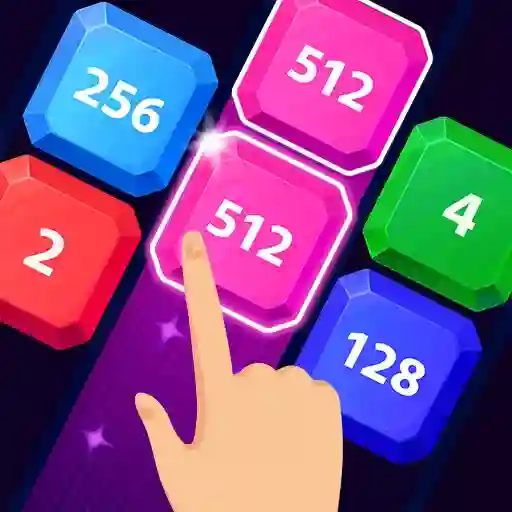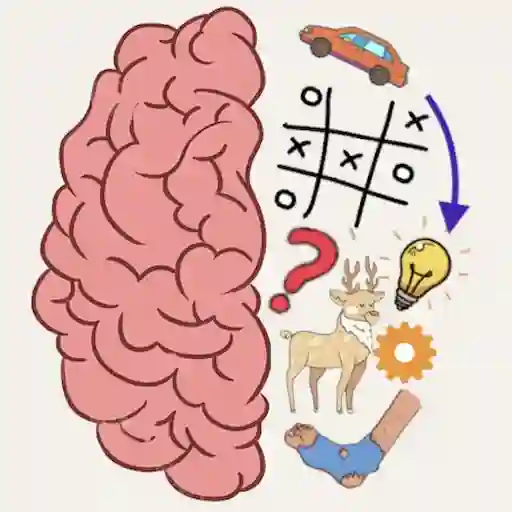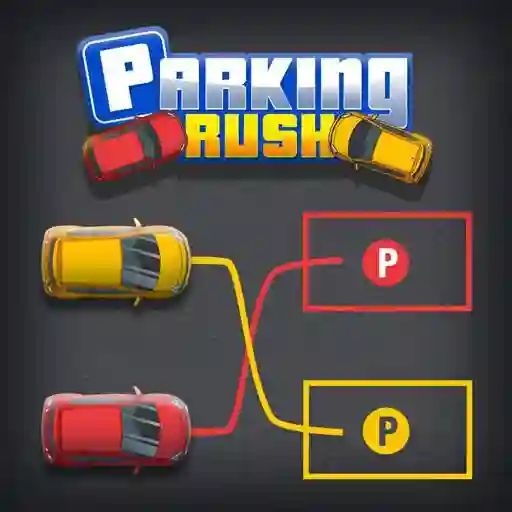Logical Games
What is Logical games?
Logical games are a category of games designed to challenge the mind and improve cognitive skills such as problem-solving, critical thinking, and analytical reasoning. These games often require players to solve puzzles, complete patterns, or make strategic decisions to progress. Logical games can vary widely in complexity, from simple brain teasers to complex strategy games. They are often enjoyed by players who appreciate intellectual challenges and enjoy the satisfaction of finding creative solutions.
Key features of logical games include:
- Problem-solving puzzles that require careful thought and analysis
- Logical reasoning to deduce answers or complete tasks
- Strategic planning to achieve long-term goals
- Pattern recognition to uncover hidden sequences or designs
- Mental exercises that improve memory, attention, and cognitive flexibility
Logical games are available across various genres, including puzzle games, board games, and brain teasers, and are enjoyed by players of all ages for their educational and entertainment value.
Frequently Asked Questions
What are some examples of logical games?
Examples of logical games include Sudoku, chess, Minesweeper, logic grids, and escape room puzzles. These games all require players to use reasoning and logical thinking to progress.
How do logical games improve cognitive skills?
Logical games improve cognitive skills by challenging the brain to solve problems, recognize patterns, and make strategic decisions. Regular play can enhance memory, attention, and processing speed over time.
Are logical games suitable for all ages?
Yes, logical games are suitable for all ages. They come in varying levels of difficulty, from simple puzzles designed for children to complex strategy games for adults. They are a great way to keep the mind sharp at any age.









